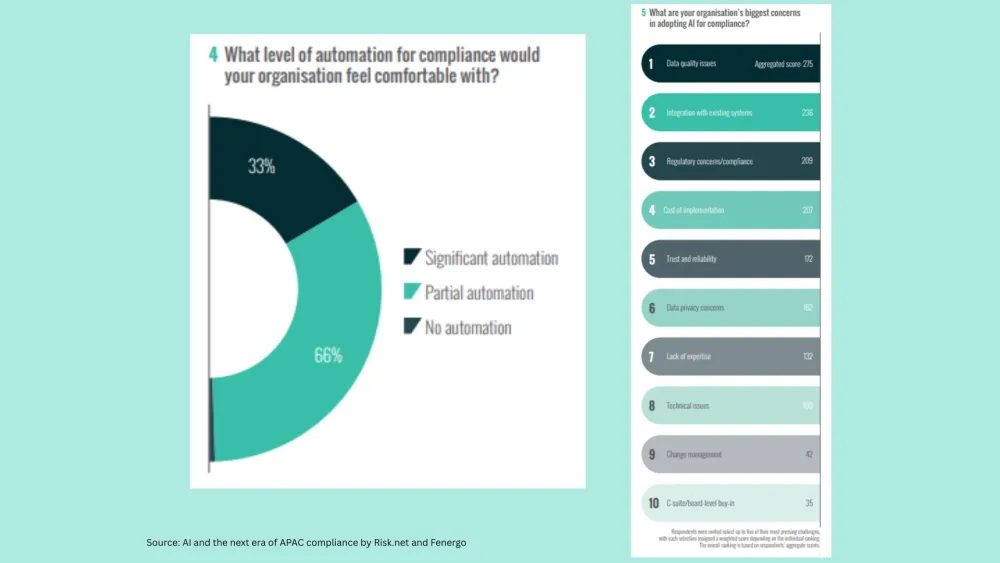Asian financial crown within Singapore's reach
By Rajesh YohannanThe proposed Shanghai-Hong Kong Connect is a potential game-changer for the world's second-largest economy to entrench itself as Asia's dominant financial hub, but don't count Singapore out of contention.
China is keen to woo more foreign investors to its shores via a program dubbed the Shanghai-Hong Kong Connect. It's a potential game-changer for the world's second-largest economy as financial hubs across Southeast Asia increasingly duke it out for foreign exchange (forex) and commodities trading supremacy.
And Singapore is a primary contender for that financial crown. In recent years, this country has upped the ante in its rivalry with Hong Kong and Shanghai by attracting western-based trading firms, and through the rapid growth of the Singapore exchange's commodity derivatives business.
As the world keeps a watchful eye on the continuing standoff in Hong Kong between pro-democracy protestors' demand for universal suffrage and Beijing's imposed limits on voting rights, Singapore's seemingly insurmountable odds to claim the top spot in Asia may not be as impossible as it initially appears.
Regarding the Shanghai-Hong Kong Connect, it was introduced last April by Chinese Premier Li Keqiang. The goal is to provide institutional and retail investors worldwide with an opportunity to invest directly in China's estimated US$4-trillion stock market; namely stocks on the restrictive Shanghai exchange (called "A-shares") while Chinese investors can trade Hong Kong's stocks ("H-shares").
Importantly, the program will probably make it cheaper for retail investors to trade in China. Though October 27 was expected to be the launch date of the program, it was reported that a number of the world's biggest banks and asset managers pressed the Hong Kong securities regulator for more time to prepare.
Others, meanwhile, have suggested the ongoing political strife in Hong Kong has played a role in the delayed launch. In any event, that did not halt the new venture as the exchange finally opened on November 17.
Interestingly, open institutions enrolled in the country's longstanding Qualified Foreign Institutional Investor program will retain some advantages over individual traders.These include being able to put money in Chinese initial public offerings, and the opportunity to invest in the Shenzhen Stock Exchange where many of the companies are subsidiaries of state-owned firms.
Foreign Investor Concerns
As you might assume, there are potential risks for retail investors that choose to tap into the Shanghai-Hong Kong Connect. For starters, intraday trading is not offered and there are restrictions on the amount of stocks investors overseas can buy and sell at any one time. That might spell difficulty for some investors as they'll be forced to buy and sell A-shares during different trading sessions.
Moreover, questions abound over taxes on gains, and trades on the connection must be made in Chinese yuan, or renminbi, thereby exposing foreign investors to significant forex risk.
Clearly aware of these drawbacks, the People's Bank of China has injected ¥200 billion into the economy to support the program's launch as well as help Chinese banks meet year-end liquidity demands; whether that will smooth over the rough remains to be seen.
Also noteworthy, only well-heeled investors on mainland China are permitted to participate in the Hong Kong market thanks to a requirement that stipulates investors must have in excess of ¥500,000 in their brokerage accounts.
Singapore's Upper Hand
With these hurdles in mind, Singapore's attractiveness as a financial hub alternative to Hong Kong shines. After all, this country is the largest forex hub in Asia, and as a democratic city-state, it has much to offer investors.
Singapore's rule of law, freedom of expression, and administrative transparency is a definite advantage. Not to mention the quality of life here is arguably superior to that of Hong Kong when one factors in cost of living, pollution, and population density.
With the world's major financial hubs vying for full internationalisation of China's currency, Singapore is set to emerge as one of the most important countries participating in the offshore renminbi market. The Singaporean government's constant technological push is testament to its understanding of the marketplace's increasing complexity.
With all that said, Hong Kong's long-term potential to reassert itself as Asia's and possibly the world's most important financial centre cannot be readily dismissed. Especially when you consider the Shanghai-Hong Kong Connect is the world's gateway to China’s capital markets.




















 Advertise
Advertise












